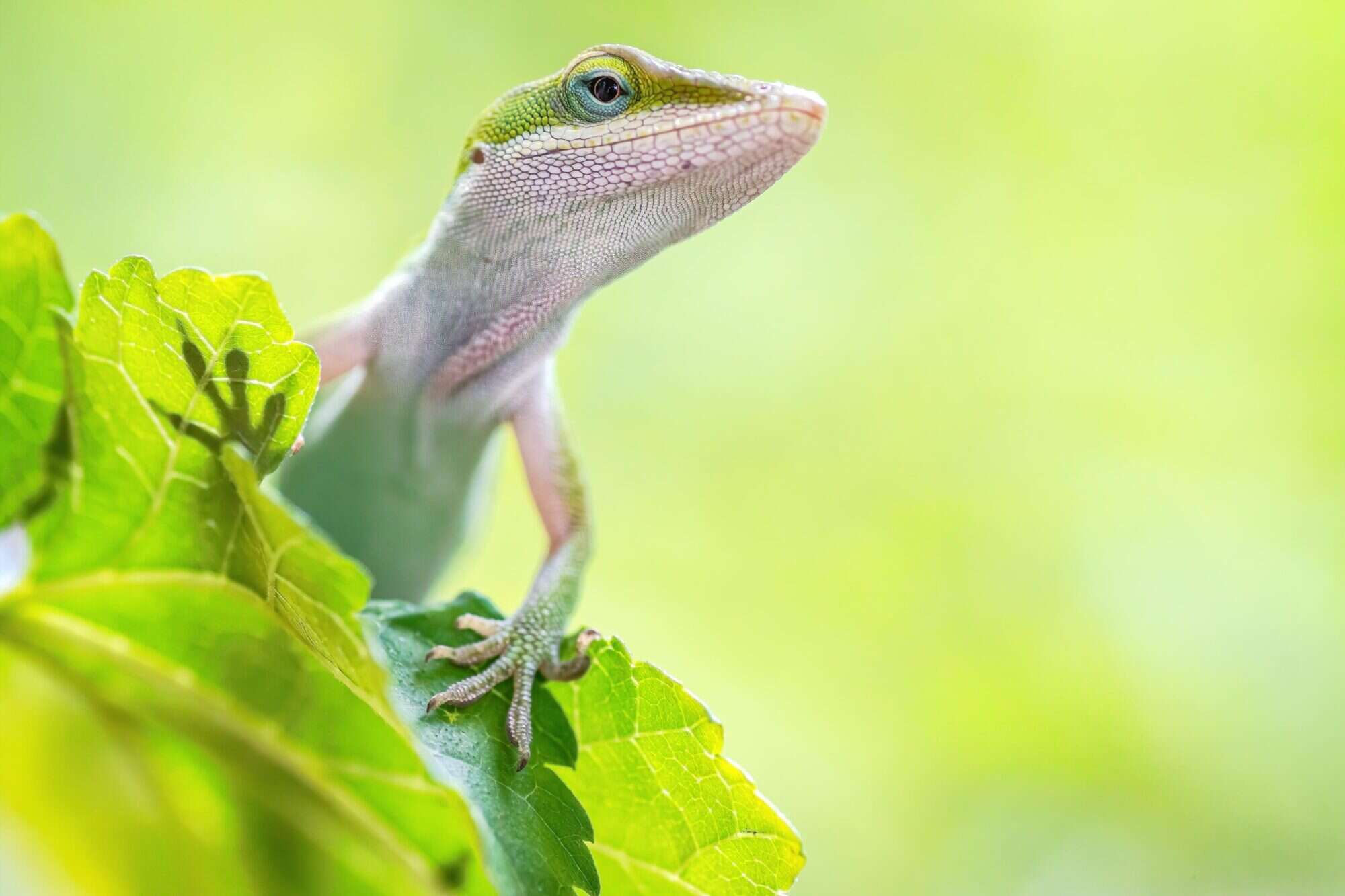Caring for Exotic Pets in the Texas Heat: Tips for Keeping Your Animals Cool As Temperatures Climb

When the temperatures rise in Texas, so does the need for a little extra TLC for our pets. South Texas Avian & Exotic Hospital wants to be sure that you don’t forget about keeping exotic animals cool, too before the weather gets too warm.
Considerations for Exotic Pet Care in Texas Heat
Exotic pet species often have different needs beyond that of a dog or cat, and there are definitely some things to know about exotic pet care in the Texas heat.
Different pet types will have different needs, but in general try to take into account:
- Furry exotics like rabbits, chinchillas, and guinea pigs originate from cooler climates, and often have thick coats and no sweat glands—take extra care in the heat with them
- Wet and soiled bedding can become a breeding ground for flies and other insects in the heat, which can lead to maggots and other issues
- Be cautious with ceiling fans and our feathered friends to prevent an accident
- Ventilation is important even for heat-tolerant pets like most lizards
Keeping exotic animals cool is important as they can experience heat stroke just like any other species. Be on the lookout for symptoms like lethargy, panting/increased respirations, inability to perch (for birds), loss of balance, decreased excretions, or other concerning symptoms. Contact us right away if you are worried.
Summer Tips for Exotic Pets
Just because summertime brings warm weather, though, doesn’t mean that you can’t enjoy the outdoors with your pet. If you are cautious and follow our summer tips for exotic pets, you should be good to go.
Be sure to:
- Never leave your exotic pet outdoors unattended unless it is their normal environment
- Provide plenty of fresh, cool water at all times to encourage proper hydration for exotic pets
- Choose a roomy enclosure with plenty of air flow
- Keep bedding clean and dry
- Provide access to shade at all times
- Consider moving things indoors when temperatures exceed 85 degrees
- Never keep your pet in a vehicle unattended
- Avoid chemically-treated lawns
- Remember that most exotic species are prey animals—never leave them in a space where they feel or are vulnerable to attack
South Texas Avian & Exotic Hospital is on your side when it comes to providing the best care for avians and exotics in the area. Let us know if you have questions or concerns—we are happy to help!
